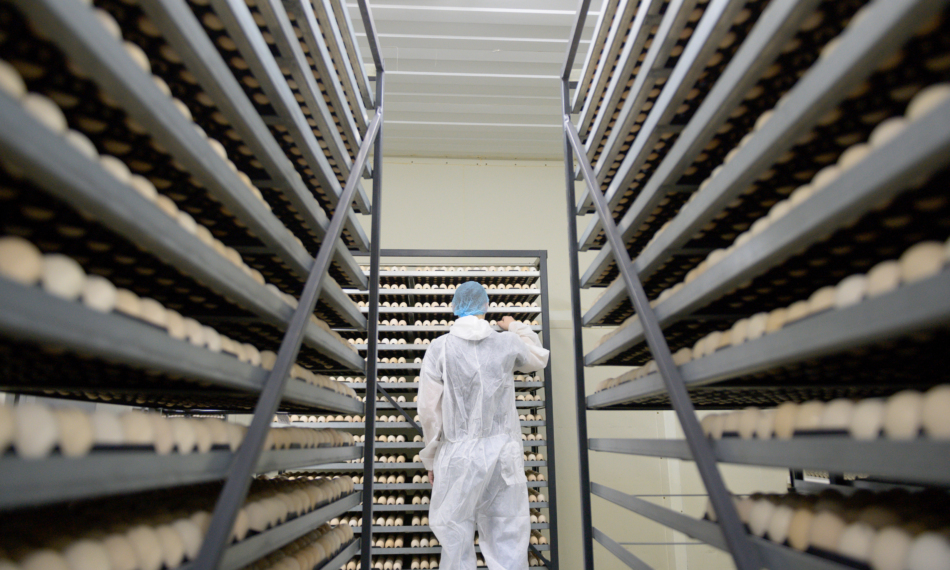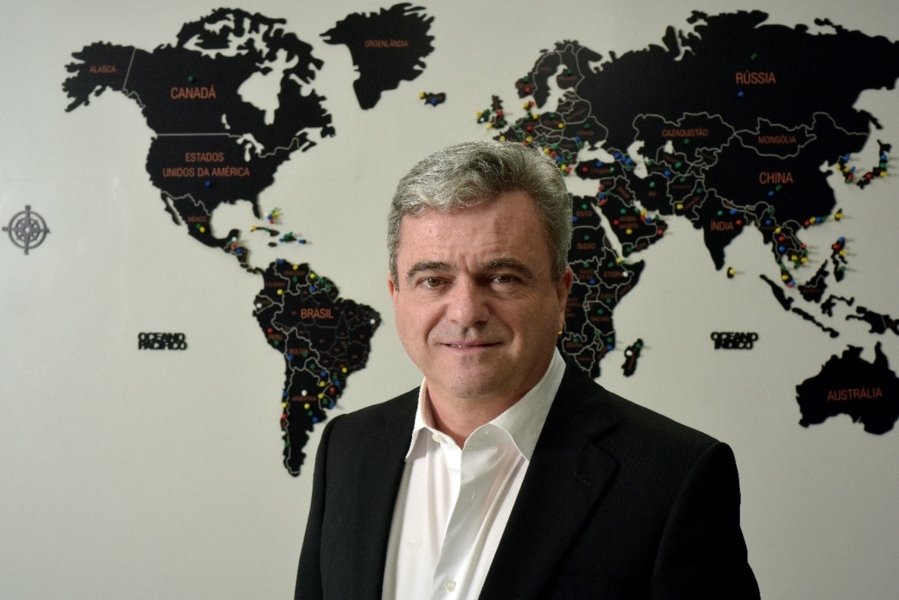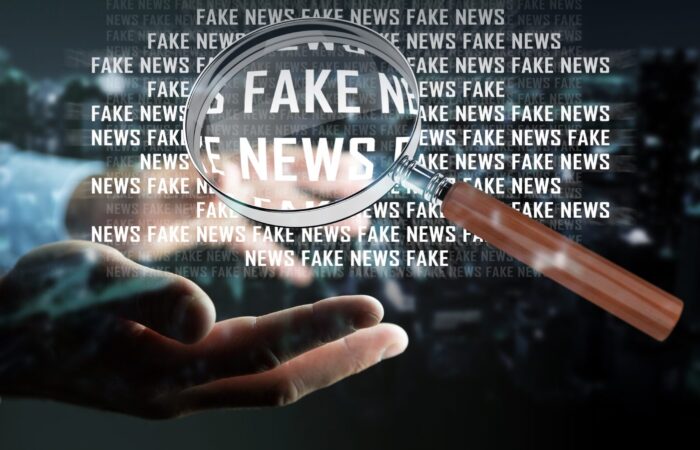
Sectoral entities in large production chains are used to the tensions that can unfold in crises. Until recently, this was a situation most often related to the economic sustainability of the business, especially in higher production costs. This has changed over the past decade. Sectoral reputation gained the agenda in a more relevant and broader way. Product attributes were intrinsically linked to the values represented by production chains. Chains with a global presence, such as poultry and pig farming in Brazil – with shipments to more than 150 markets – feel this situation more acutely, as they have the country brand among their attributes.
Outside, authorities and stakeholders closely monitor sectoral practices. Our competitors, too. It's no surprise: Brazil has been the world leader in chicken meat exports for many years and continues to rise in pork, in which we occupy fourth place in the ranking of exporters.
The situation is no different in our domestic market. Consumers seek increasingly detailed information about how products reach their table. Non-governmental organizations constantly present their agendas to the sector. Government entities and regulatory bodies maintain a close and detailed relationship with production practices. Eventually, misinterpreted information generates mistakes and crises – some of them sui generis. This gives rise to absurdities such as the idea of using “cardboard in meat” – something that has already been widely clarified as it is product packaging and not an input in food production.
Despite being absurd, the case was publicized as part of a police operation. Here I do not want to make a value judgment on the fundamentals of the operation – which are fair in essence, focused on containing the illegal behavior of a few public and private entities. However, what I put on the table for debate is the dissemination of untruths, which go beyond the reasonable limits and, in principle, are unpredictable at any level.
“It’s not just nonsense that surrounds the sector’s reputation. Real questions, formatted and decontextualized, are used incorrectly in several situations – increasing the occurrence of fake news.”
But it’s not just “nonsense” that surrounds the sector’s reputation. Real questions, however, formatted and decontextualized, are commonly used incorrectly in various situations – whether in studies with protectionist purposes or in comments from personalities or influencers, without a basis in science, increasing the occurrence of fake news. These are not the rare comments with technical clothing, but the wrong bases.
This is the imponderable that, sometimes, not even the most creative minds can predict. It is the factor that initiates or prospers a crisis situation. But this unpredictability can turn into an opportunity for improvement in the incessant search to reduce the harmful effects of crises.
The fear of occurrences like these motivates us to incessant rehearsals before each new action strategy and improves our decisions. We have greater maturity in our messages to the market and consumers in Brazil and around the world today compared to a few years ago – and, certainly, the imponderable and crisis prevention were drivers of this process. We embrace messages and assertions and seek to reduce the scope for misunderstandings – measures that seem obvious, but which are much more complex nowadays. These are measures that are not restricted to public relations, reaching the entire institutional-sectoral work strategy.
The ancient teachings about learning from past mistakes and successes and the trails left after overcoming crises, especially those with unpredictable situations, become even more important. In an instantaneous and digitally connected world, training, preparation and the search for prediction, even about the imponderable, have gained relevance. These are situations that drive us to improve not only in managing the crisis itself, but also in how we think about companies and production chains. Of course, crises are undesirable, however, overcoming them makes us better, faster and, above all, stronger.

Ricardo Santin is president of the Brazilian Animal Protein Association (ABPA)
The signed articles reflect the opinion of the authors



